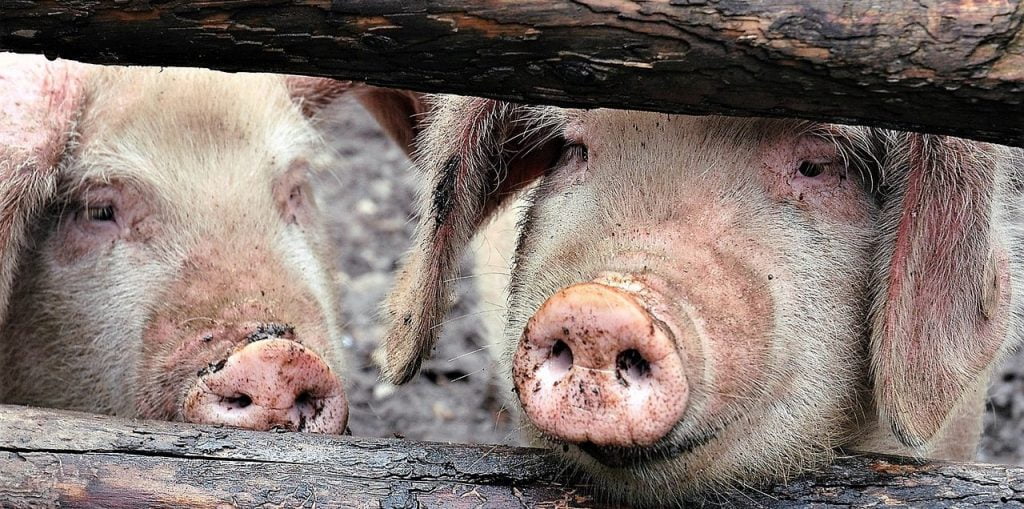Discovered in the early 20th century in southern and eastern Africa, African Swine Fever (ASF) is a highly infectious and transmissible disease caused by a DNA virus of the family Asfarviridae, genus Asfivirus, that affects domesticated and asselvajados pigs, that is, wild boars and crosses with domestic pigs, and has an incubation period of five to 21 days. The Asfivirus virus, responsible for the spread of the disease, is considered very resistant and can survive in a wide range of temperatures and pH (4 to 10), not being inactivated by refrigeration or maturation of meat. In nature dead animals are the major focus of infection as the virus remains viable even during the decomposition process.
HIGHLY CONTAGIOUS AND LETHAL
ASF is transmitted primarily by direct contact between susceptible or infected pigs (domestic or wild) or by ingestion of products contaminated with the virus. Infected swine carcasses that die and remain in the environment become important foci of transmission and dispersion of the virus in other forms, and can be transmitted through equipment, clothing, vehicles and vectors such as the Ornithodoros tick. Although not a direct threat to human health, since the virus is not transmitted to humans, outbreaks are devastating being fatal to the whole of a breeding.
The outbreak of swine fever in Africa has affected pig production and thousands of animals have been slaughtered to avoid transmission of the disease, causing the market to suffer a severe impact.

THE CHALLENGES OF INDUSTRY
To date there is no vaccine to combat it and this is the major concern among organizations and producers, due to the displacement of pork products from one region to another.
Faced with an increasingly demanding market for the production and marketing of animal products, measures that involve food security and public health become of paramount importance and highlight points previously discussed in world trade in animal production, such as quality of food, animal health and prevention.
A link between quality, nutritional value and food safety is a task that has required a lot of research by the industries to ensure public health.
DISEASE PREVENTION BY MEANS OF FEEDING AND MANAGEMENT IS A SOLUTION AGAINST AFRICAN SWINE FEVER
Intensive production is a challenging environment and food security begins at the farm, where it is possible to control pathogens through a program of prevention measures.
It is of the utmost importance that producers, who are the first link in the production chain, commit themselves as it is proven that the reduction of pathogens in the field contributes significantly to reducing the risk of foodborne diseases.
Therefore, supplementing diets with a product that strengthens the immune system and improves bowel health is paramount in disease prevention. Prevention together with a healthy and safe diet, ensures animal welfare and provides maximum performance, ensuring, therefore, products of great quality.
Posted in 26 March of 2019


